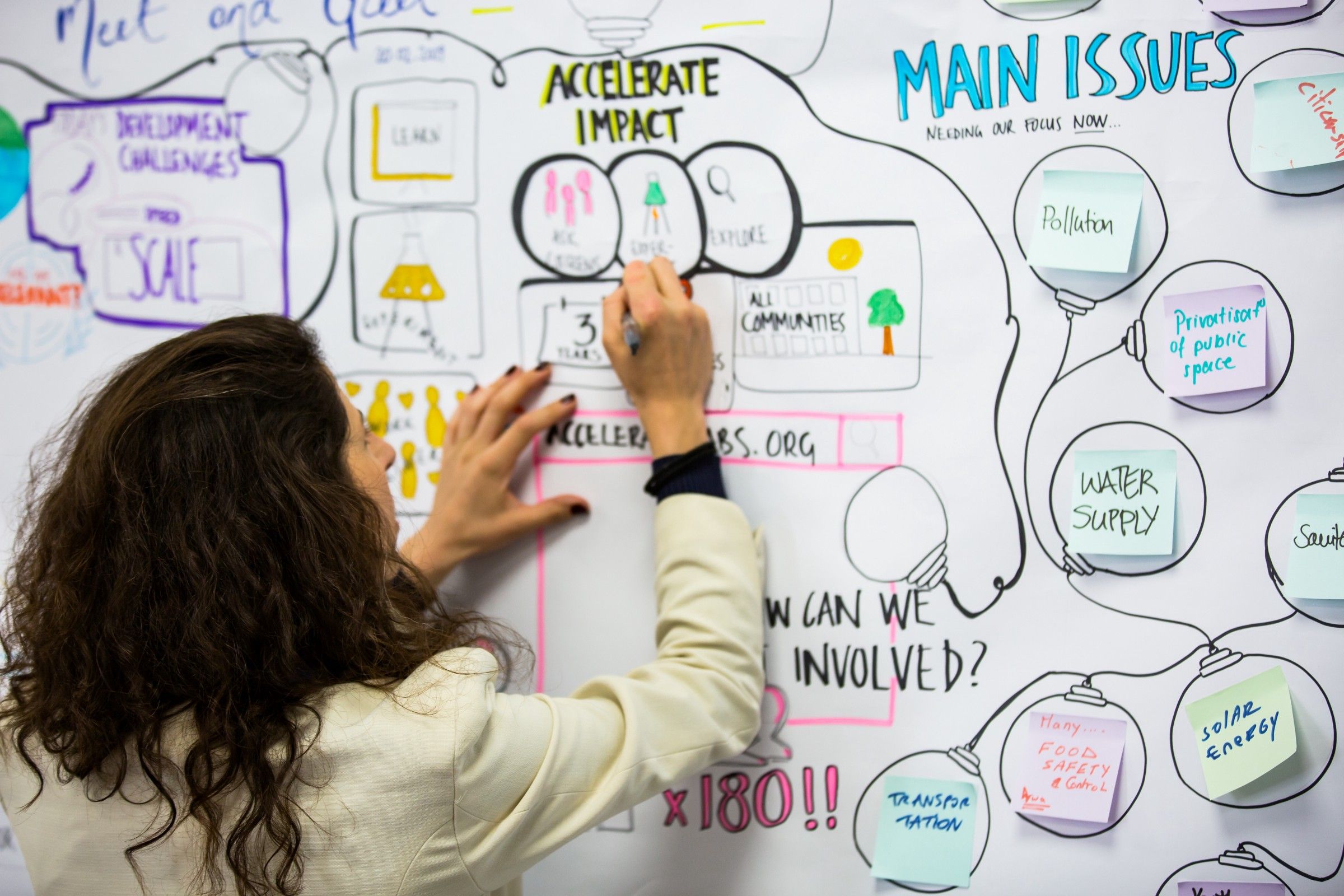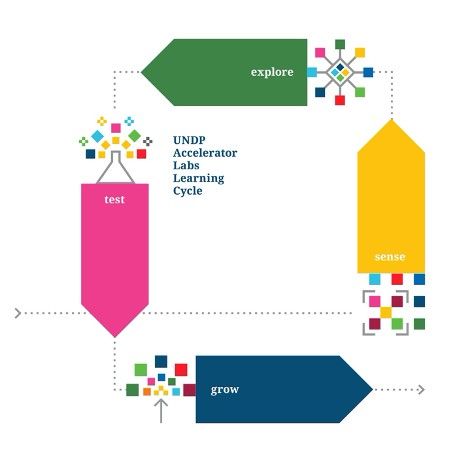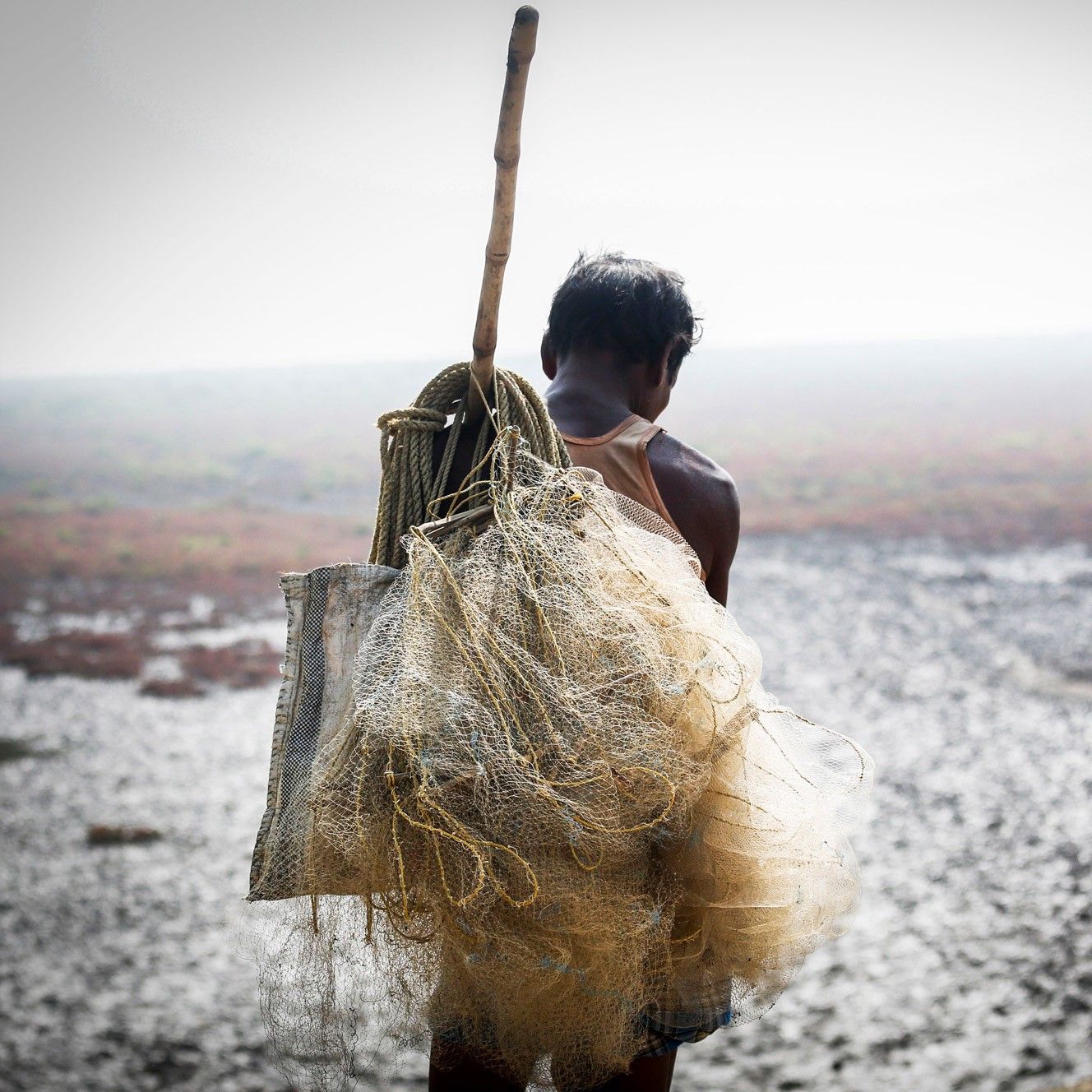Solutions for Tomorrow: Local Innovations to Accelerate Action

Did Albert Einstein really say, “The definition of insanity is doing the same thing over and over again, but expecting different results”?
It doesn’t matter much. But the idea behind it matters a lot.
How can we expect the same practices and the same approaches to reducing poverty, protecting the environment, and leaving no one behind to effectively work in a world that changes every day at such a large scale?
Because of the speed, dynamics, and complexity of today’s challenges, we’re not making fast enough progress towards the Sustainable Development Goals.
This is why the United Nations Development Programme created a network of 60 Accelerator Labs. covering 78 countries (as we write these words, the network is expanding to 90 Labs covering 114 countries): to (try to) keep up with the pace of change, to accelerate progress towards the 2030 Goals, and to reimagine sustainable development for the 21st century.
Imagine teams inside the UN prototyping, analyzing citizen-generated data, working with artificial intelligence and machine learning, and working hand in hand with environmentalists, economists and equality experts to find breakthroughs.
Adding the yin to the yang in development.
The UNDP Accelerator Lab teams are using new sources of data, tapping into local innovations, and experimenting to learn what works. The idea is to accelerate our education about what works and what doesn’t for sustainable development.
Driven by the idea that the people closest to the problems are devising and implementing their own sustainability solutions all over the world, the Accelerator Lab network is focused on surfacing and scaling these innovations to accelerate impact.
UNDP uses ethnographic approaches and solutions mapping techniques to build on the ingenuity of women and men facing poverty, pandemics, and the effects of climate change.
It is a journey. A lot still needs to be unpacked, but they are actively tapping into knowledge to solve problems.

How we learn
To help close the gap between the current practices of international development and an ever-accelerating pace of change, the Accelerator Labs are creating new service lines through practices and methods that are adaptable, open‑ended, and safe to fail.
They learn fast and stay curious. They are able to do so by following a learning cycle of sensing, exploring, testing, and growing. In reality, it is not linear, nor is it a loop. It is much messier as many of these phases happen simultaneously.

Sense is about understanding what the emerging challenges and opportunities in the local context are and determining where we need to focus our attention. This includes mapping ecosystems of actors related to their area of work to get a better sense of the key stakeholders and the environment they are working in.
Explore is about better understanding the challenge and looking for solutions, particularly by looking at how people are already addressing these challenges and opportunities. The Labs are working with grassroots communities to identify innovators, entrepreneurs, and makers who are actively addressing social and environmental challenges for themselves. These innovations are often home-grown solutions that have never been codified, applied elsewhere, or taken to scale.
Test is about designing a portfolio of potential solutions to intervene at multiple points in the system and continuously testing them until we are confident they can work. Experimentation teaches the Labs whether assumptions are accurate before deploying a proposed solution at scale. This deliberate practice is crucial, especially in the uncertain and volatile conditions that often dominate development contexts.
Grow is about handing over a portfolio of solutions, advocacy for policy change, or spinning solutions off as private ventures.

The network in action
Looking at our planet, coastlines around the world have seen an increase in kelp and seaweed wash up on their beaches. This increase has affected economies heavily reliant on tourism and indicates larger issues of environmental change. However, across the Lab network, awareness of the potential of the challenge has spread and grown, well, like weeds.
Within the UNDP Accelerator Lab Network, a shared understanding of seaweed’s impact on communities has been created and disseminated. Labs are mapping applications, identifying solutions, meeting with innovators, and pushing the boundaries of the potential of certain species to drive environmental, social, and economic impact.
The Namibia Accelerator Lab team mapped a local solution, NamKelp, that transforms seaweed from the country’s vast coastlines into highly nutritious poultry feed. NamKelp uses the nutrient-rich seaweed to provide affordable feed supplements to local farmers. Drought conditions in the country create unpredictable farming conditions in Namibia, and this lower-cost solution could have a profound impact on agricultural production and the livelihoods that depend on it.
Meanwhile, UNDP South Africa’s Accelerator Lab is engaged with a variety of stakeholders across sectors to explore strategies using seaweed to enhance crop production for subsistence farmers. The starting point for the South African Lab’s investigation is the unearthing of Indigenous knowledge on the use of seaweed. Additionally, they are addressing existing barriers shared by coastline communities on the use of seaweed.
A deeper understanding of the scalability of seaweed-related solutions that work in South Africa or Namibia can help other lab teams located along the 30,000 km of African shoreline turn what has long been understood as a nuisance into a valuable and widespread natural resource.
With the global seaweed industry expected to grow to $22 billion by 2024, the Accelerator Labs are well positioned to play a role in determining how this prosperity can be shared.
Act for Tomorrow
International organizations cannot effect real, lasting change alone, and neither can governments, industries, companies, and individuals. The only way we can keep up with the accelerated pace of change is by working together.
Across 114 countries (of which 70% are least developed and low-income countries, and over 70% are small island developing states), the UNDP Accelerator Labs are mapping solutions on the ground, and meeting and empowering local innovators. Join them through the for Tomorrow initiative.
Join them and share your solutions to reach the ambitious goals set out in Agenda 2030.
We have 10 years to transform our world. Let’s get to work together.